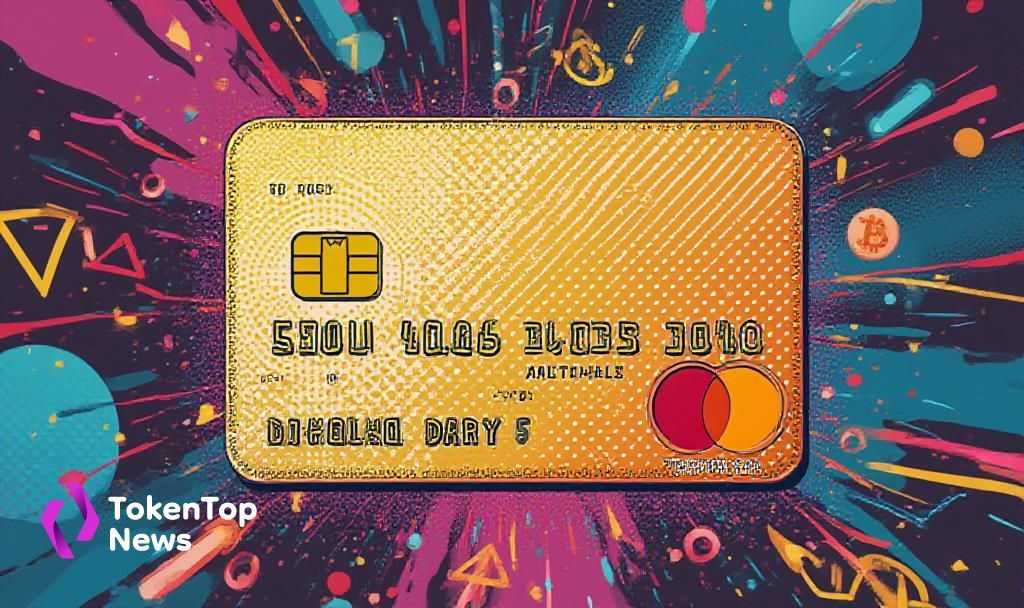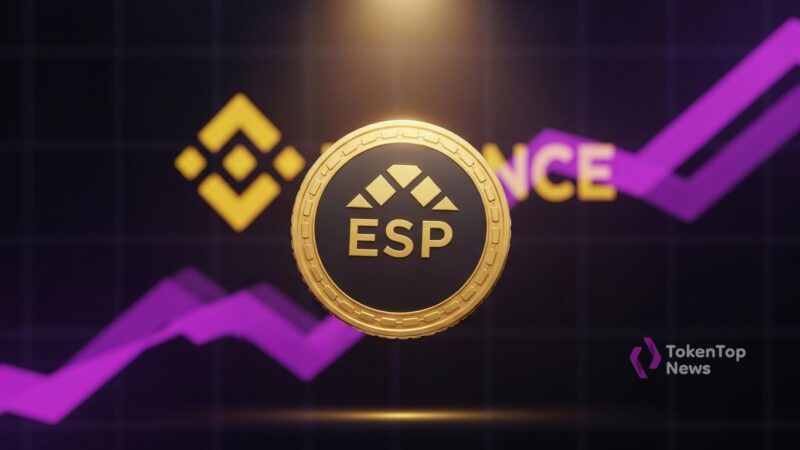Nova Wallet Partners with Mercuryo to Launch Polkadot Debit Card
- Launch of Polkadot Mastercard debit card by Nova Wallet.
- Initially available for EU users; expansion planned.
- Enables crypto-to-fiat transactions using DOT.

The collaboration between Nova Wallet and Mercuryo marks a significant advancement in cryptocurrency usability, opening doors for DOT holders to leverage their assets in everyday purchases.
Nova Wallet, developed by Novasama Technologies, in partnership with Mercuryo, a global payments infrastructure, has launched a Polkadot Mastercard debit card. The card allows EU residents to transact using their DOT holdings for various payments.
“Now you can spend your DOT anywhere with the Polkadot Debit Card. More features are coming soon!” – Nova Wallet Team, Developer Team, Novasama Technologies
The introduction of this debit card provides users a seamless way to manage and spend DOT across 150 million merchants worldwide through Mastercard’s network. It signals a broader move towards integrating cryptocurrencies into standard financial practices.
The card supports only Polkadot (DOT) initially, although Nova Wallet also facilitates interactions with over 100 networks, including Ethereum ETH +0.00% and Kusama. More asset integrations could enhance its utility in the future, as highlighted on the Nova x Mercuryo Debit Card Portal.
Market participants are closely monitoring the card’s influence on DOT’s liquidity and adoption. While no specific on-chain data reflects immediate changes, the availability of such spending options typically encourages increased usage.
The Polkadot debit card is launched without new funding or grants, promising low fees and transparency for users. The initiative adheres to robust KYC and AML protocols, maintaining compliance with financial regulations.
The project could potentially drive further advancements in the digital payments sector, influencing how cryptocurrencies integrate into mainstream financial systems. As DOT is directly affected, growing its use could impact its market presence, reflecting on historical trends of similar financial innovations.




